Search Results:
-
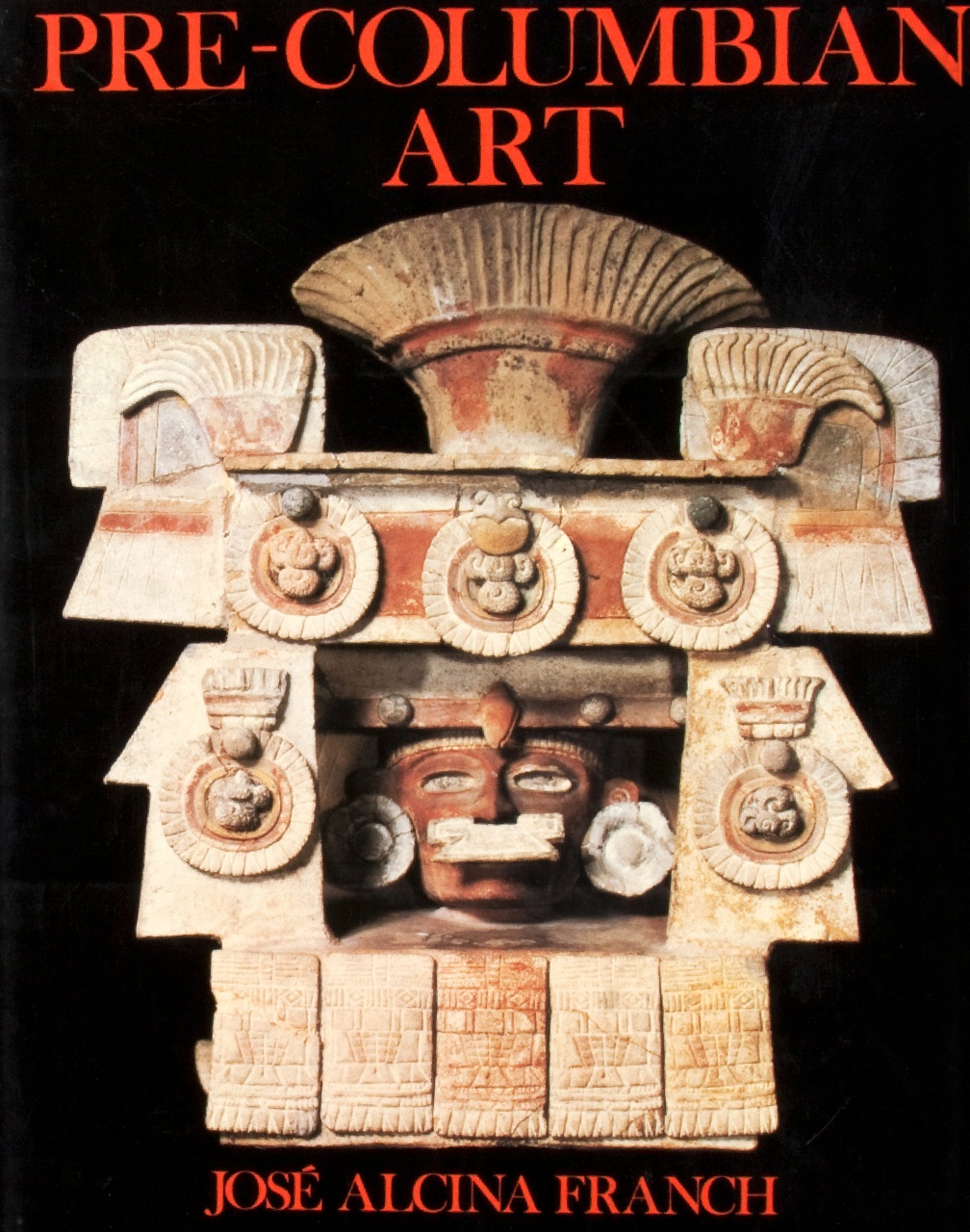 Book
BookPre-Columbian Art
Alcina Franch developed an interest in archaeology, initially with a historical bias, soon to be transformed into a consideration of anthropology as a science.
-
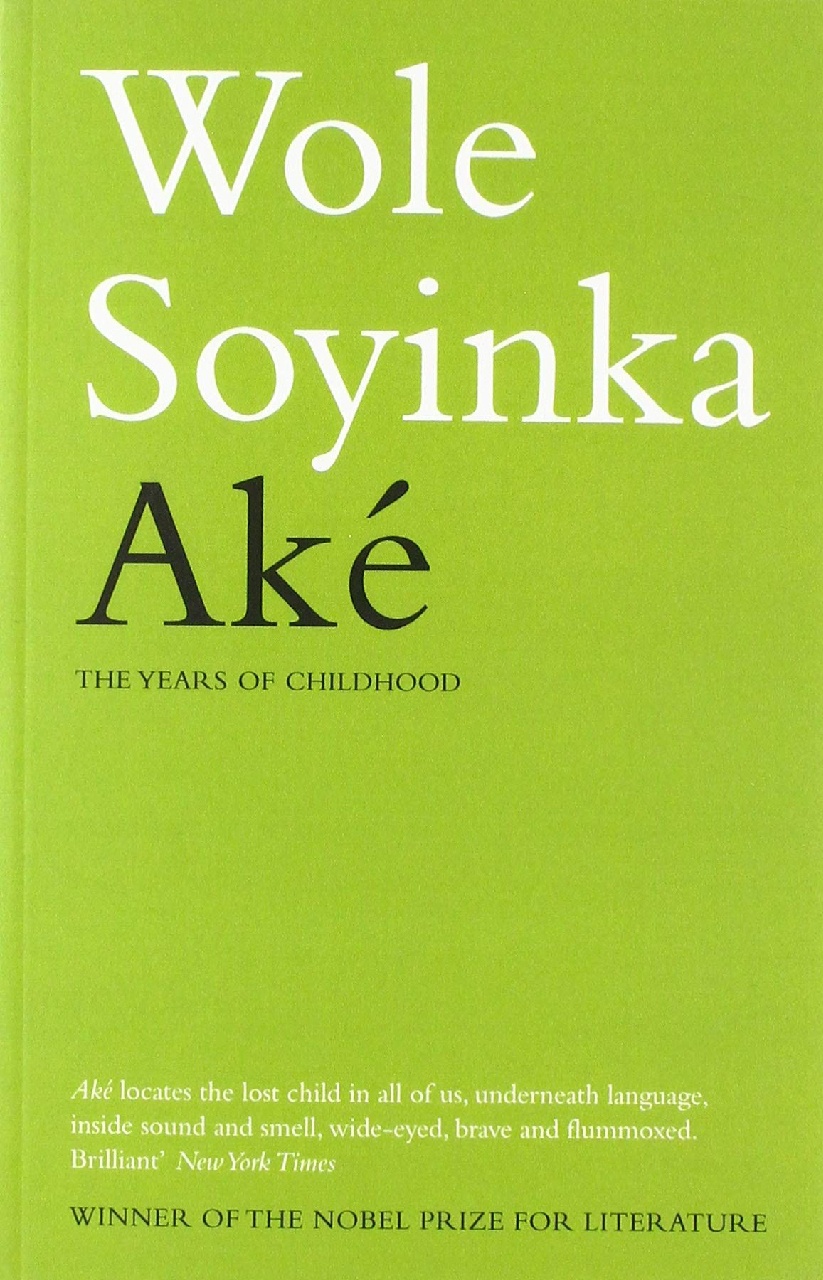 Book
BookAke
He is not afraid to take action when necessary; he is never merely a commentator from the sidelines, and never untrue to the demands of his craft, whether his work is in the form of a poem, an essay, or a play.
-

-
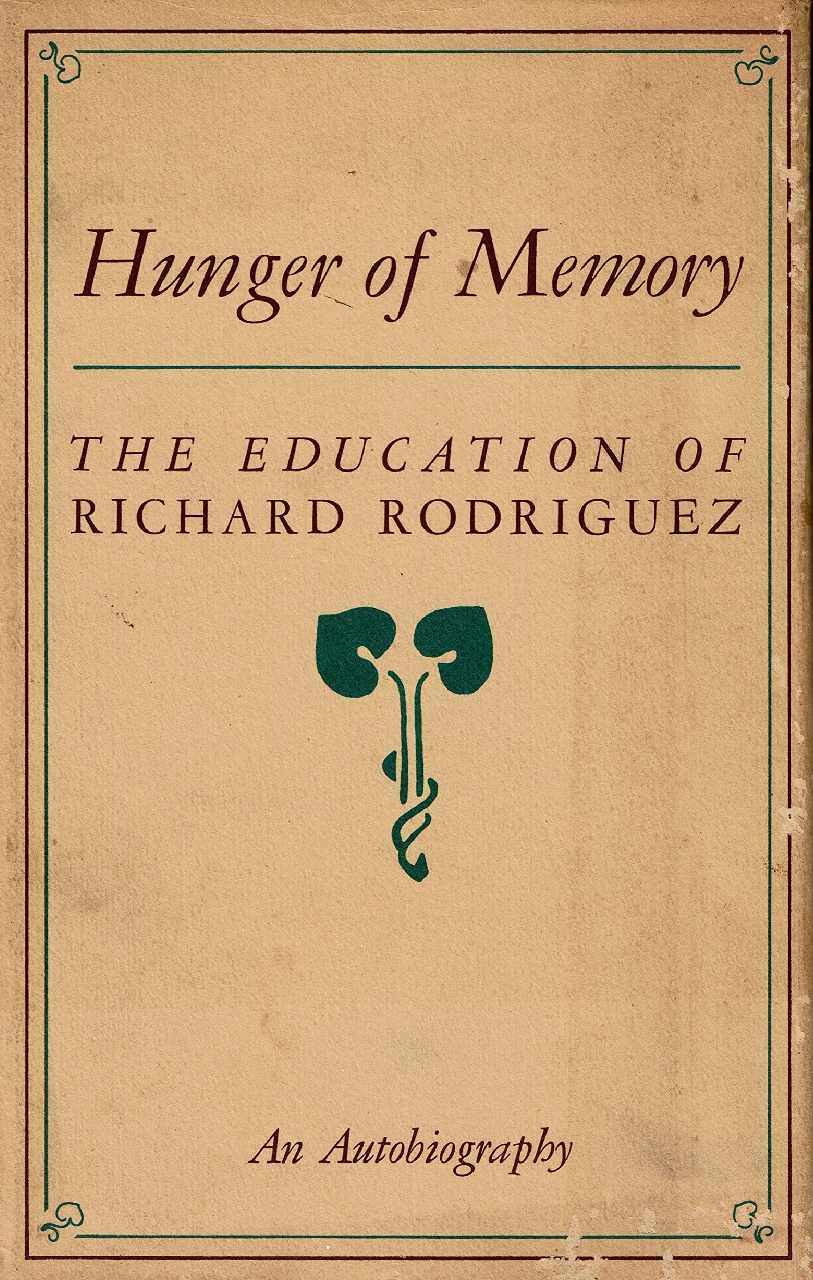 Book
BookHunger of Memory
It is his coming-of-age story, he notes, ‘the story of the scholarship boy who returns home one summer to discover the bewildering silence, facing his parents. This is my story. An American story.’
-
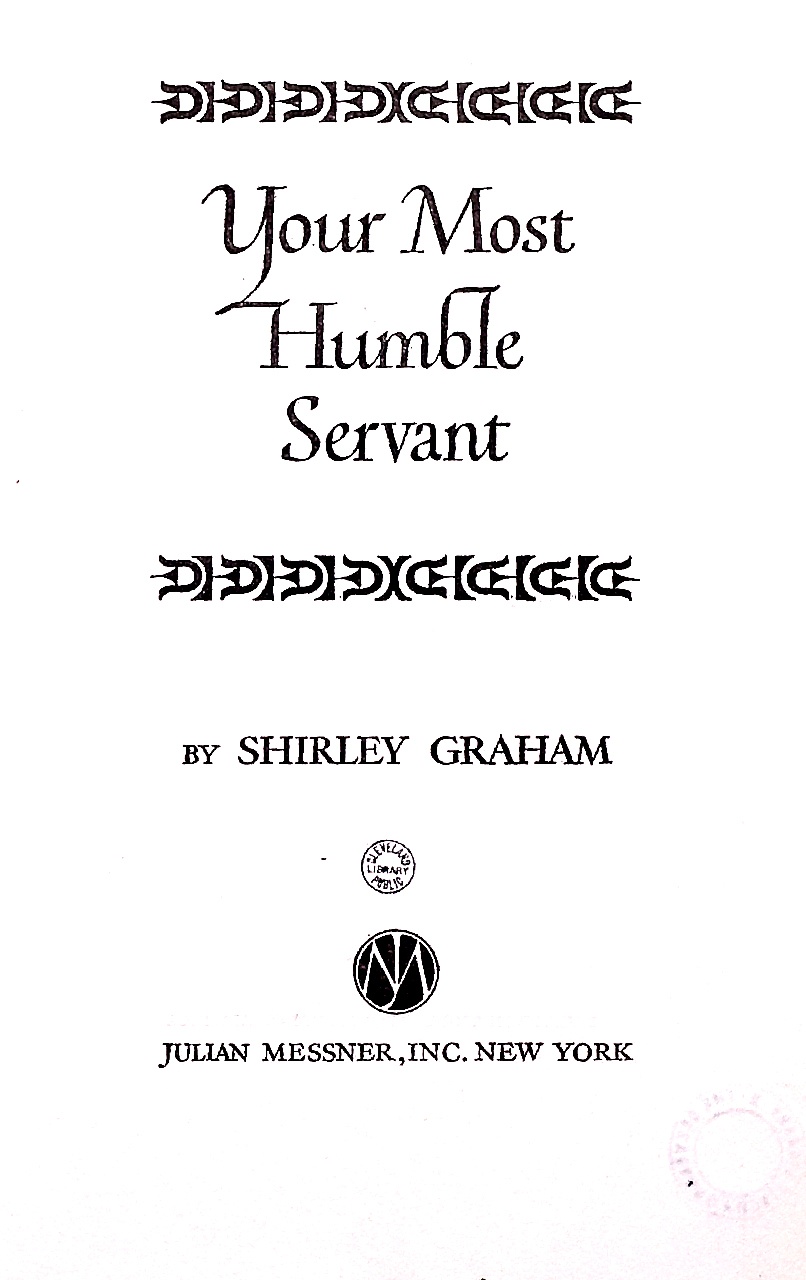 Book
BookYour Most Humble Servant
‘In quick succession I knew the glory of motherhood and the pain of deep sorrow,’ she wrote later. ‘For the years immediately following, everything I did […] was motivated by my passionate desire to make a good life for my sons.’
-
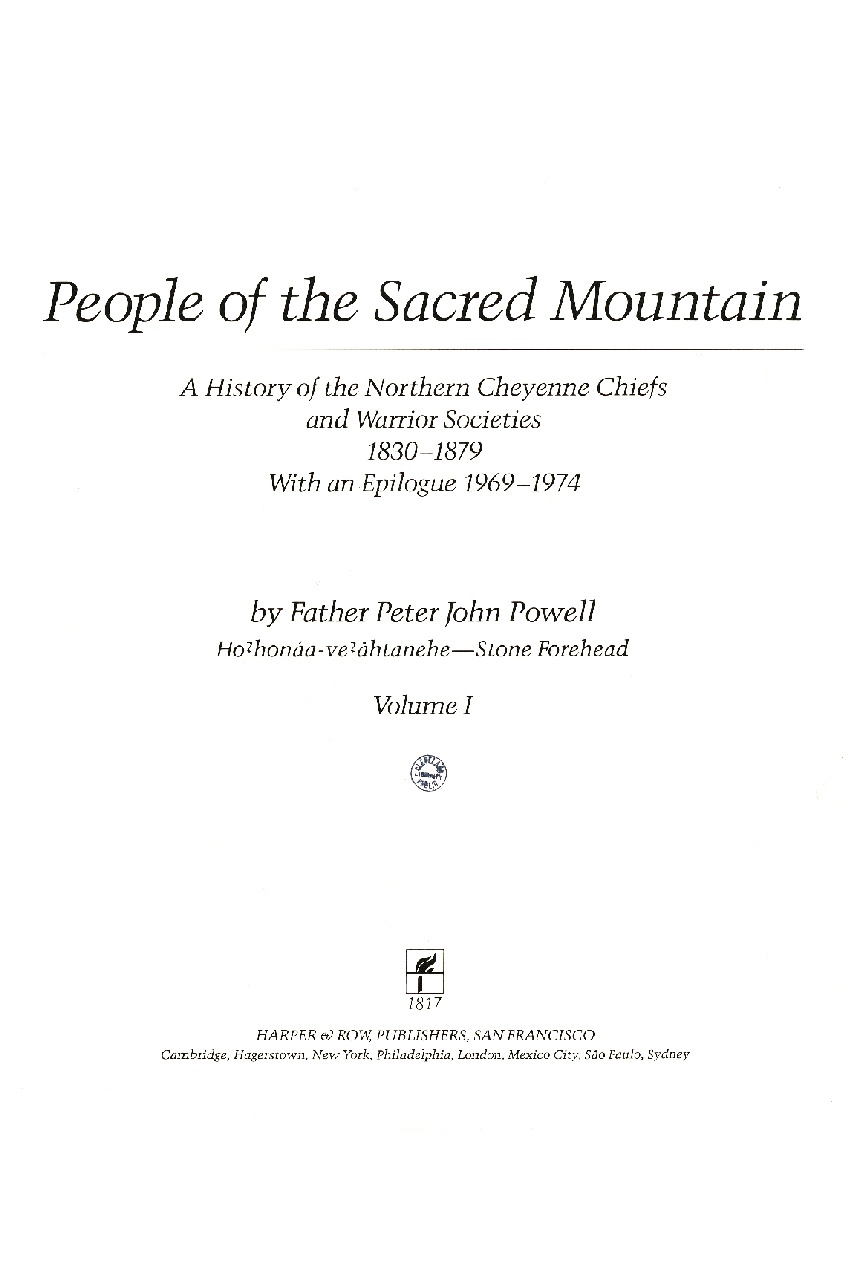
-
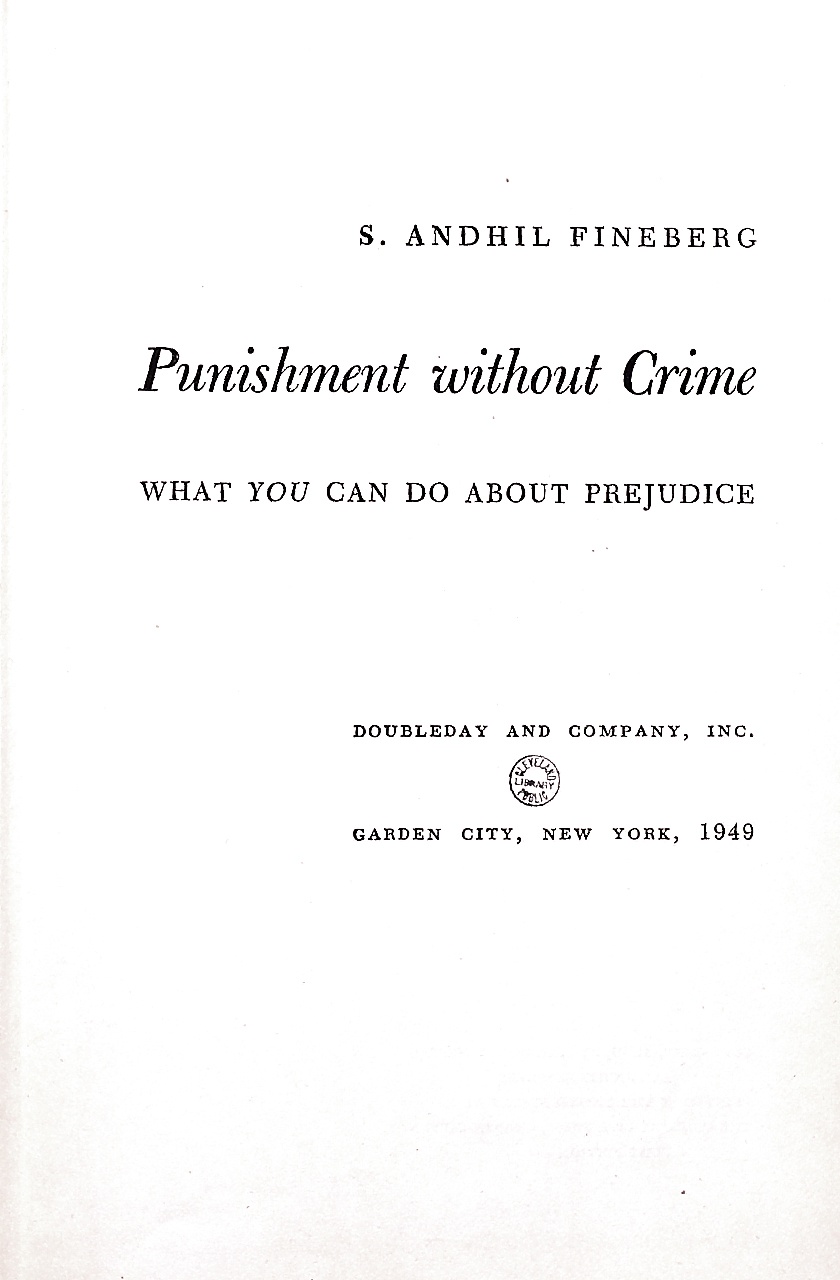 Book
BookPunishment Without Crime
Fineberg was a pioneer in Jewish community relations and at developing techniques for combating anti-Semitism and was known among professional colleagues as ‘The Dean of Jewish Community Relations.’
-
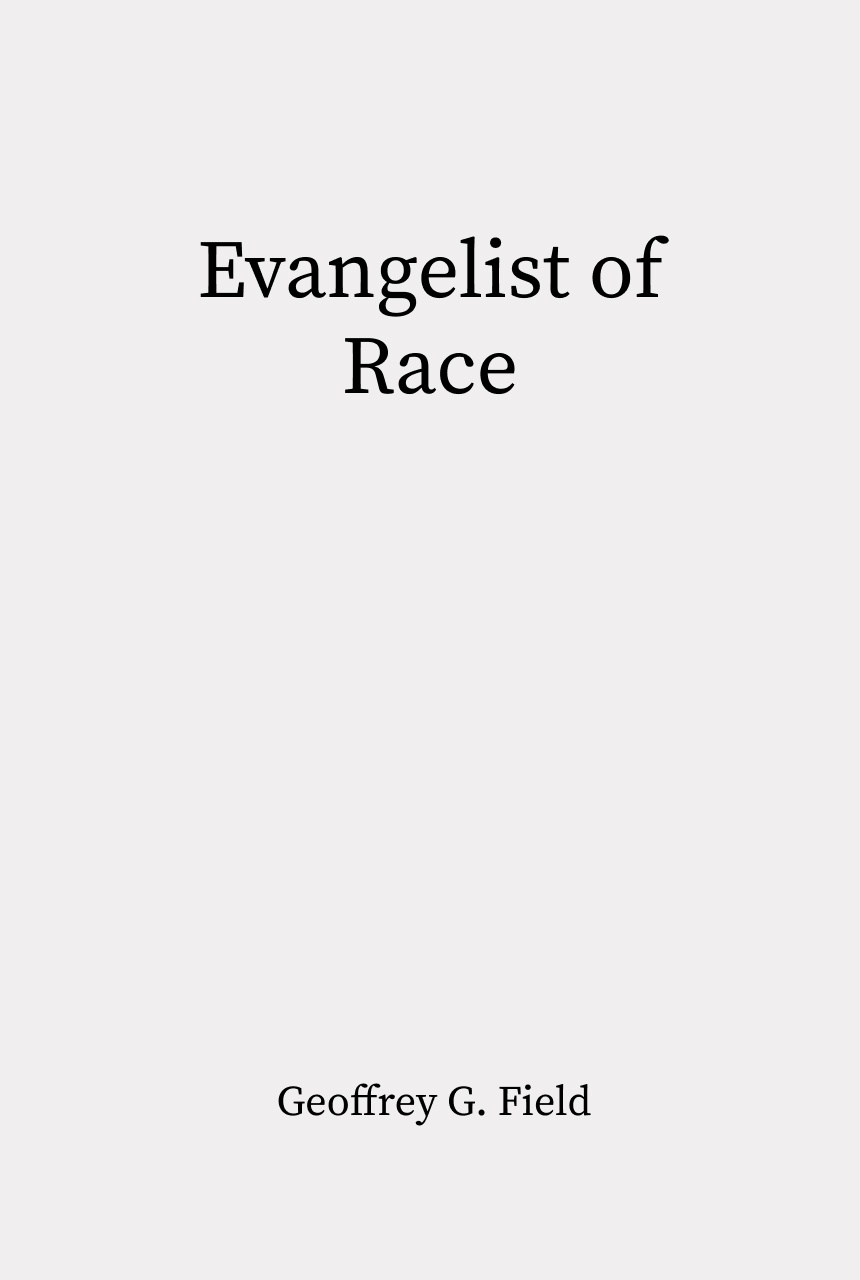 Book
BookEvangelist of Race
Field has made a contribution to the discussion among historians of Germany whether German society in the late nineteenth and early twentieth centuries was an exception in Europe, or whether racialism, anti-Semitism, and all the excesses of ultra-nationalism were endemic in the whole of European society in the age of imperialism.
-
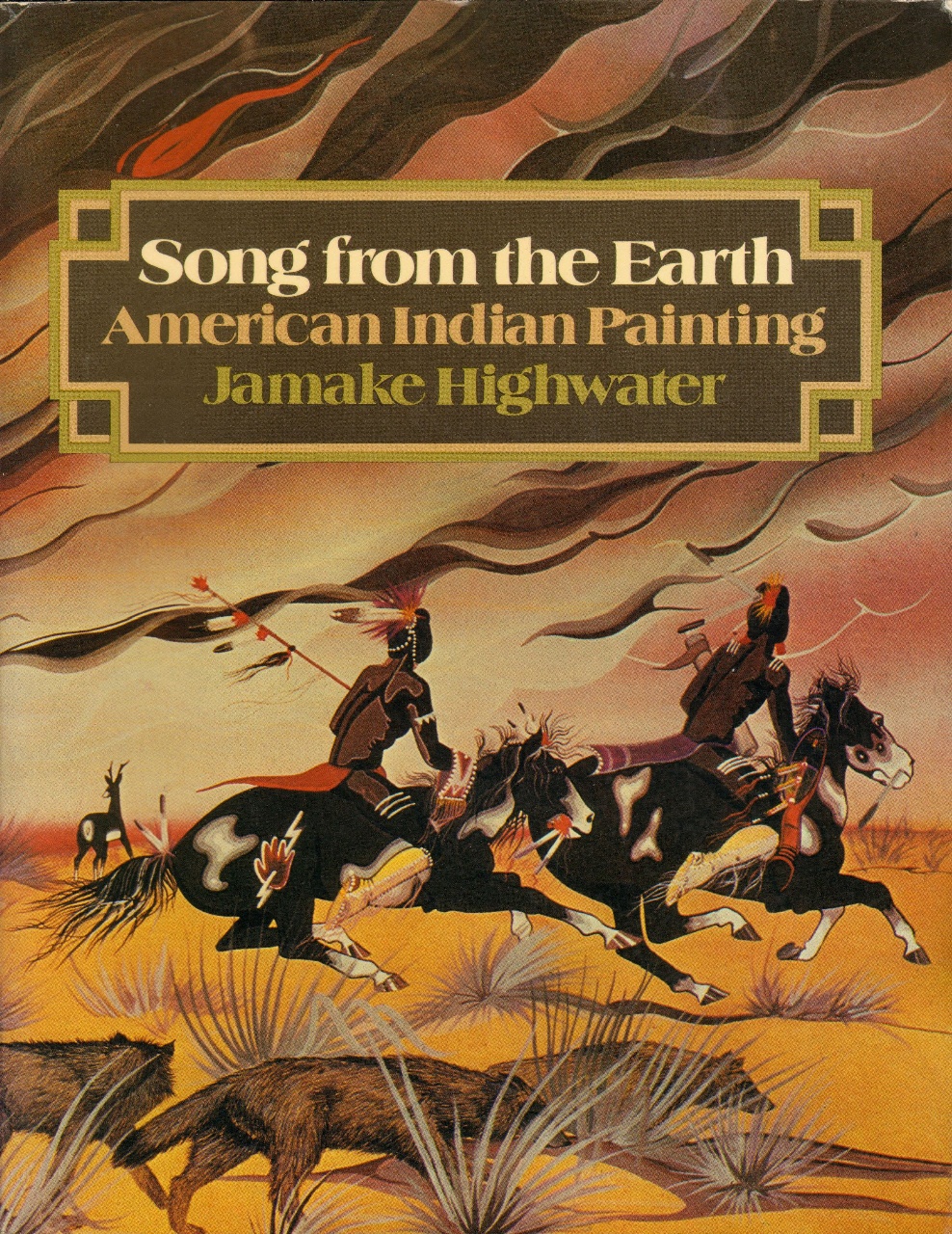 Book
BookSong From the Earth
Both an insider and an outsider, Highwater enjoyed what he considered to be a distinctive Native American sensibility that expected individuals to be transformed rather than retain a fixed identity.
-
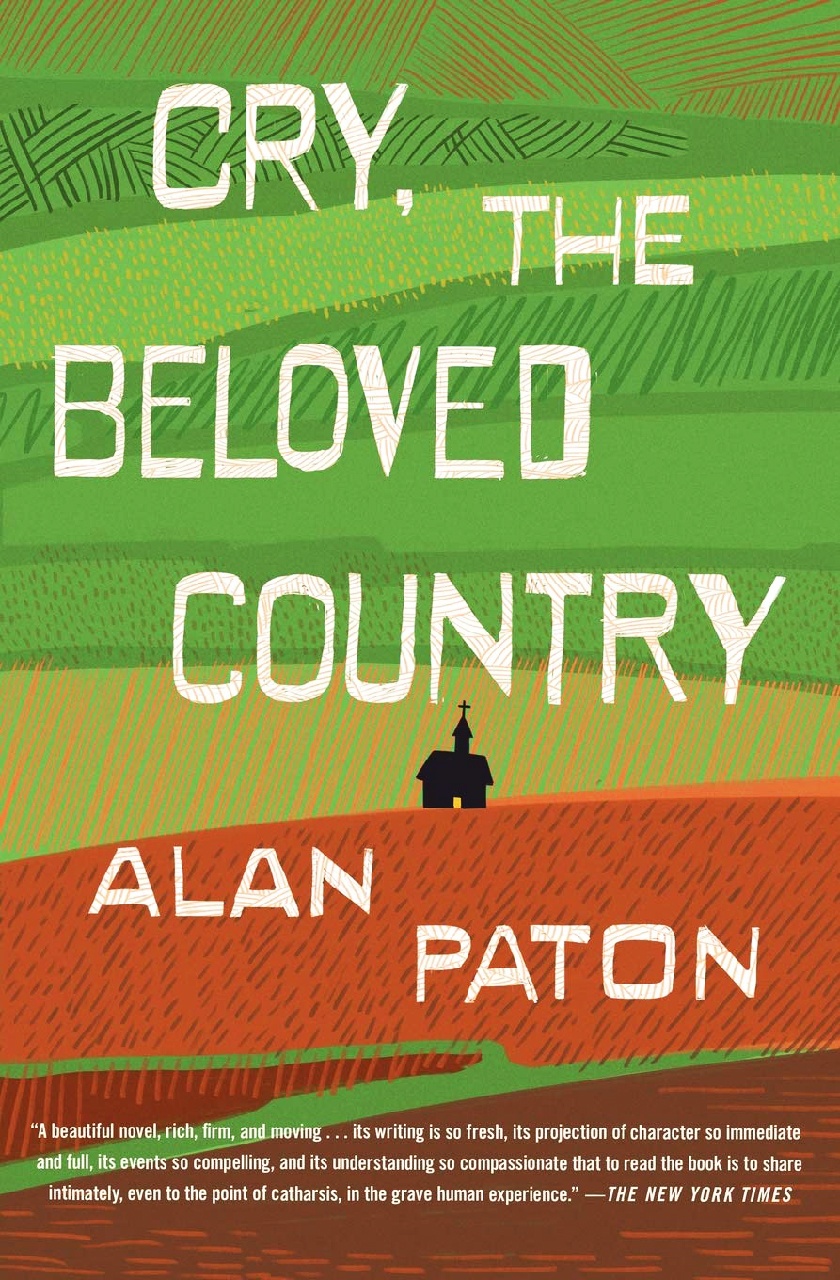 Book
BookCry, the Beloved Country
When his first novel, “Cry, the Beloved Country,” was published in 1948, the reviews hailed it as ‘beautiful and profoundly moving […] steeped in sadness and grief but radiant with hope and compassion.’
-
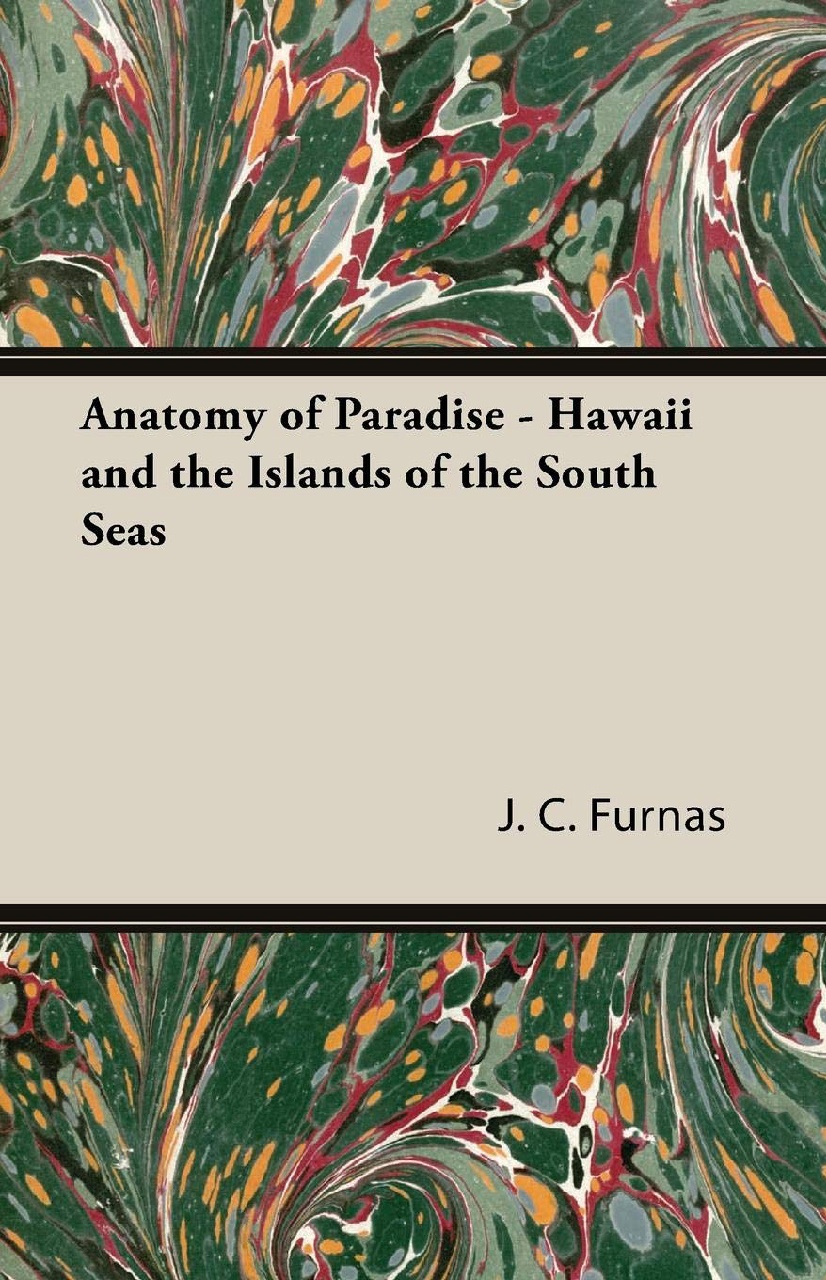
-
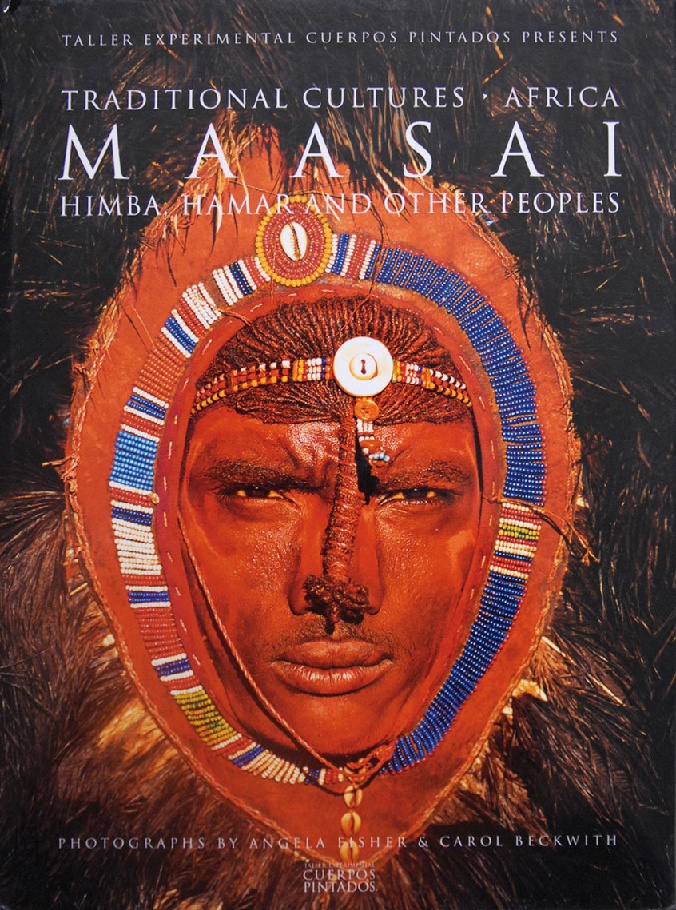 Book
BookMaasai
This is not so much a book as it is an experience, aided by its “over-sized” coffee table format book that gives you the feeling of “stepping” into the beautiful Kenyan landscape.
-
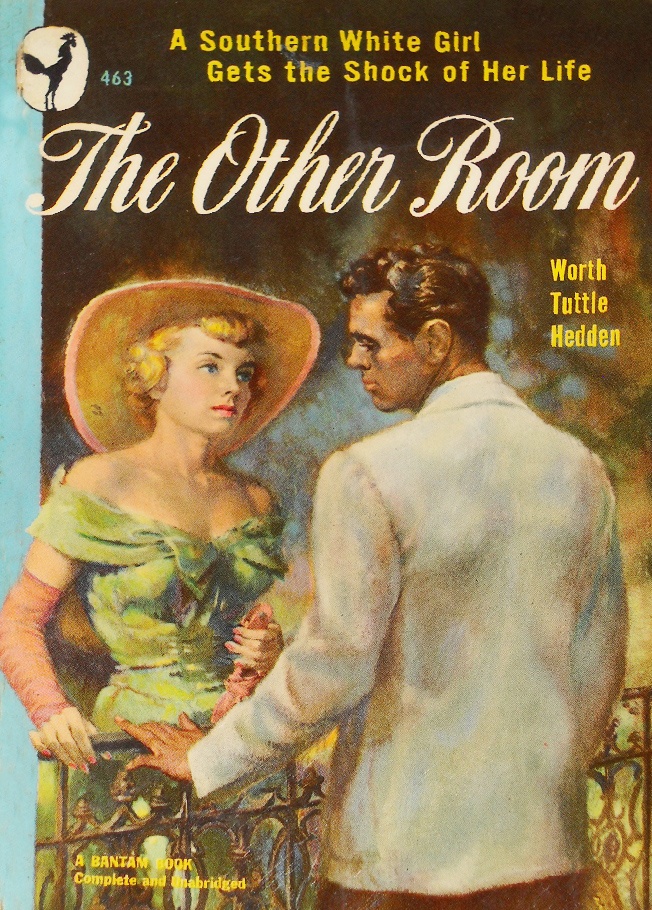 Book
BookThe Other Room
It is one of the best—and earliest—views of breaking the color line as well as a touching love story of a man and woman of different races.
-
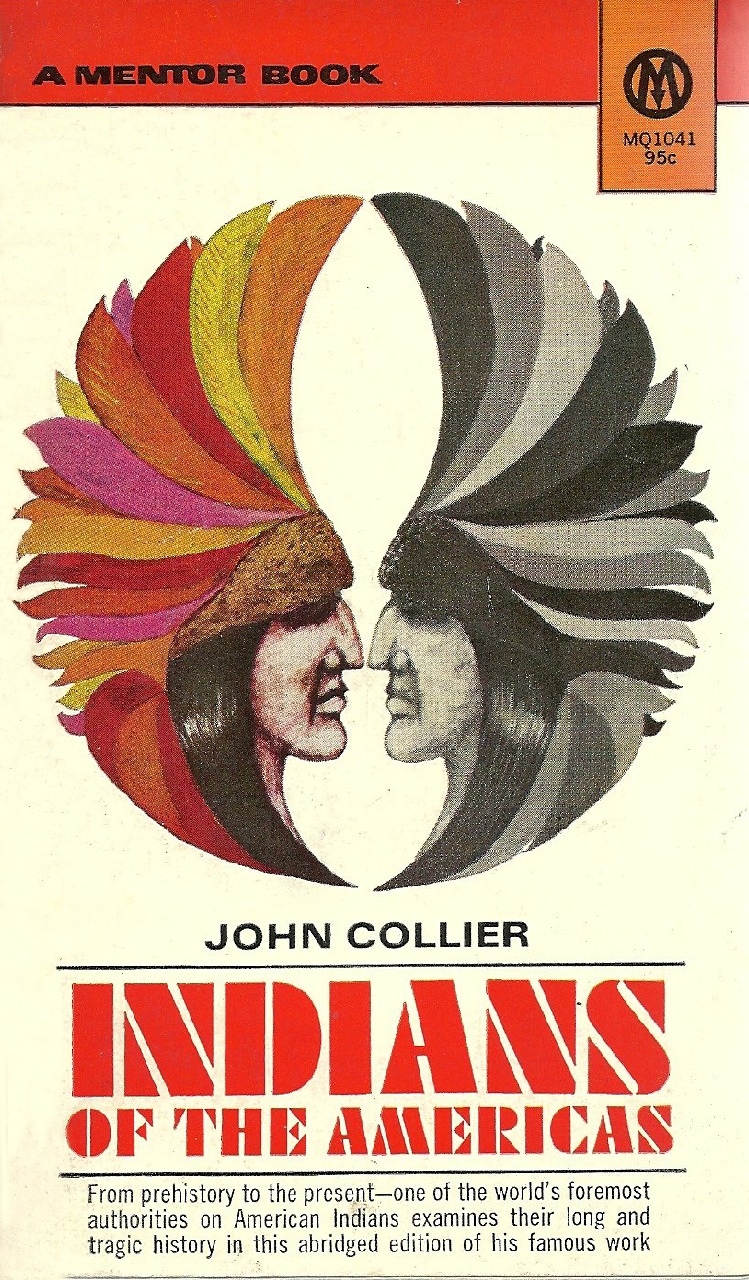 Book
BookThe Indians of the Americas
While Collier notes the role of epidemics, his view is that the Indian populations were decimated by the destruction of the native cultures, and by forced labor under extreme hardship conditions.
-
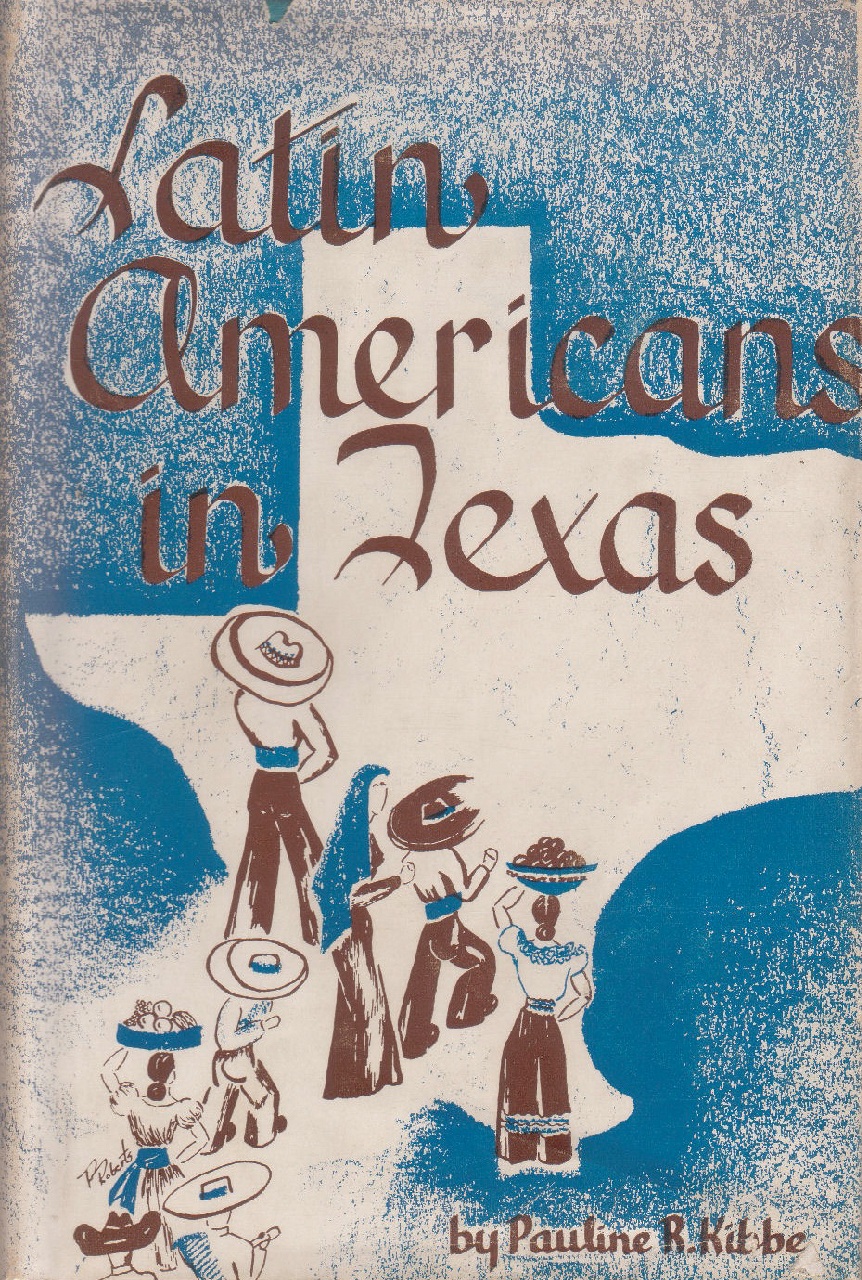 Book
BookLatin Americans in Texas
Kibbe called for a constitutional amendment prohibiting segregation and discrimination, the institutionalization of the GNC as a permanent state agency, the abolition of the poll tax, and the reapportionment of school funds. Everett Ross Clinchy, Jr., called the book ‘angry.’
-
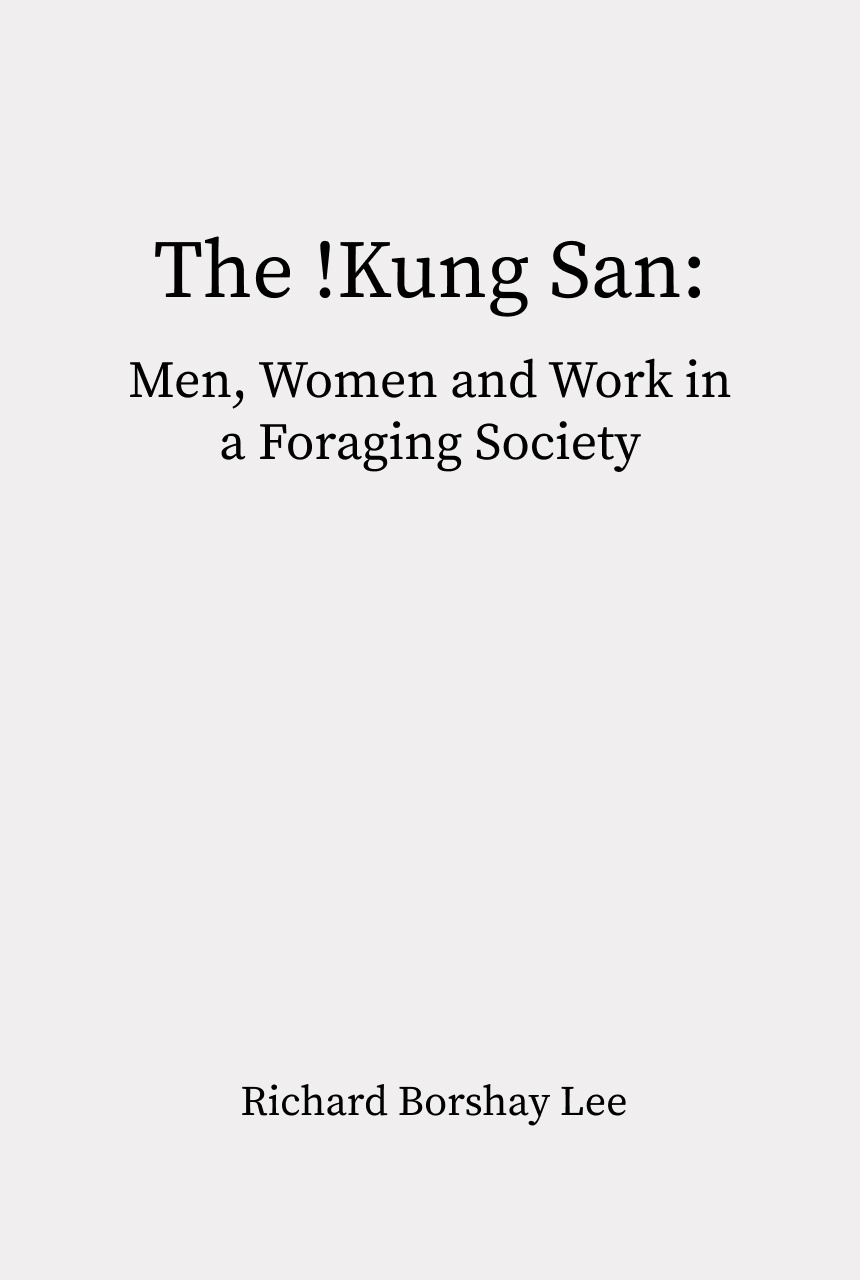 Book
BookThe !Kung San
By maintaining simultaneous historical and synchronic perspectives, Lee is able to extend his analysis of core features from the contemporary !Kung to prehistoric societies. These basic principles become the means to understanding the form of human life that has been obscured by the developments and complications of societies during the last few thousand years.
-
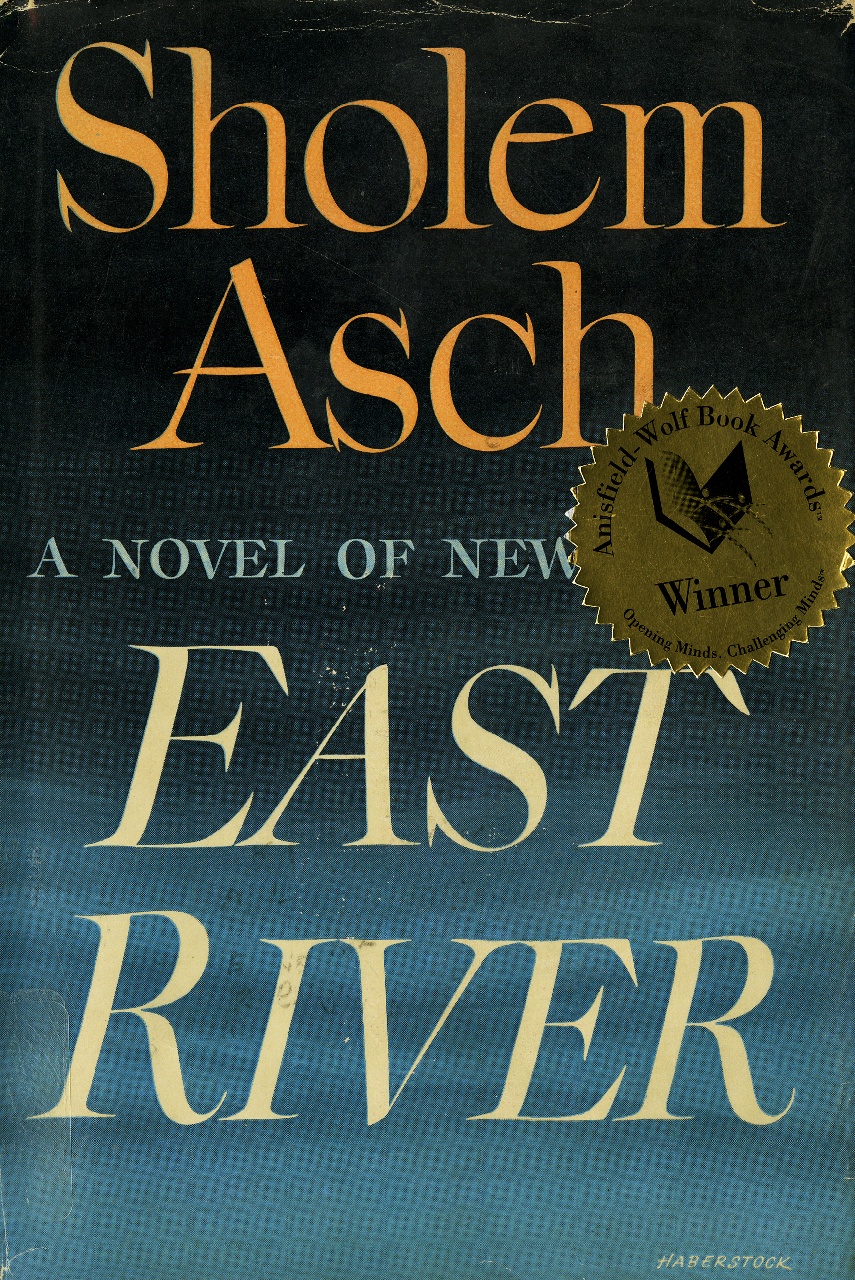 Book
BookEast River
By writing in the language of all Jews about everyday Jewish life, Sholem Asch, along with other pioneers of Yiddish literature, sought to preserve a sense of culture and community among his kinsmen despite their dispersal throughout the world and lack of a common homeland.
-
 Book
BookOne Nation
A decade before the wider white society had begun to think seriously about race relations, Stegner’s work targeted racial prejudice as one of the country’s most profound ills.
-
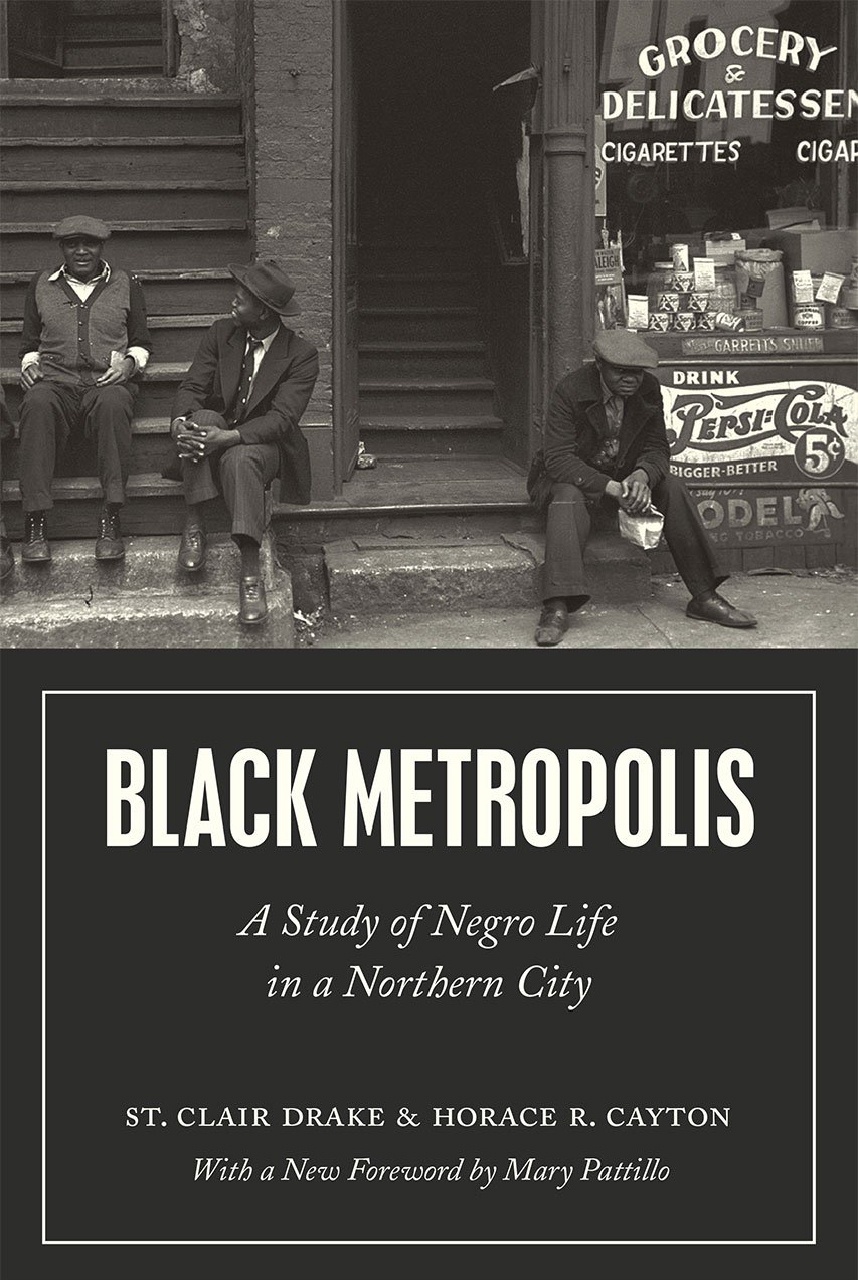 Book
BookBlack Metropolis
Drake and Cayton’s findings not only offer a generalized analysis of black migration, settlement, community structure, and black-white race relations in the early part of the twentieth century, but also tell us what has changed in the last hundred years and what has not.
-
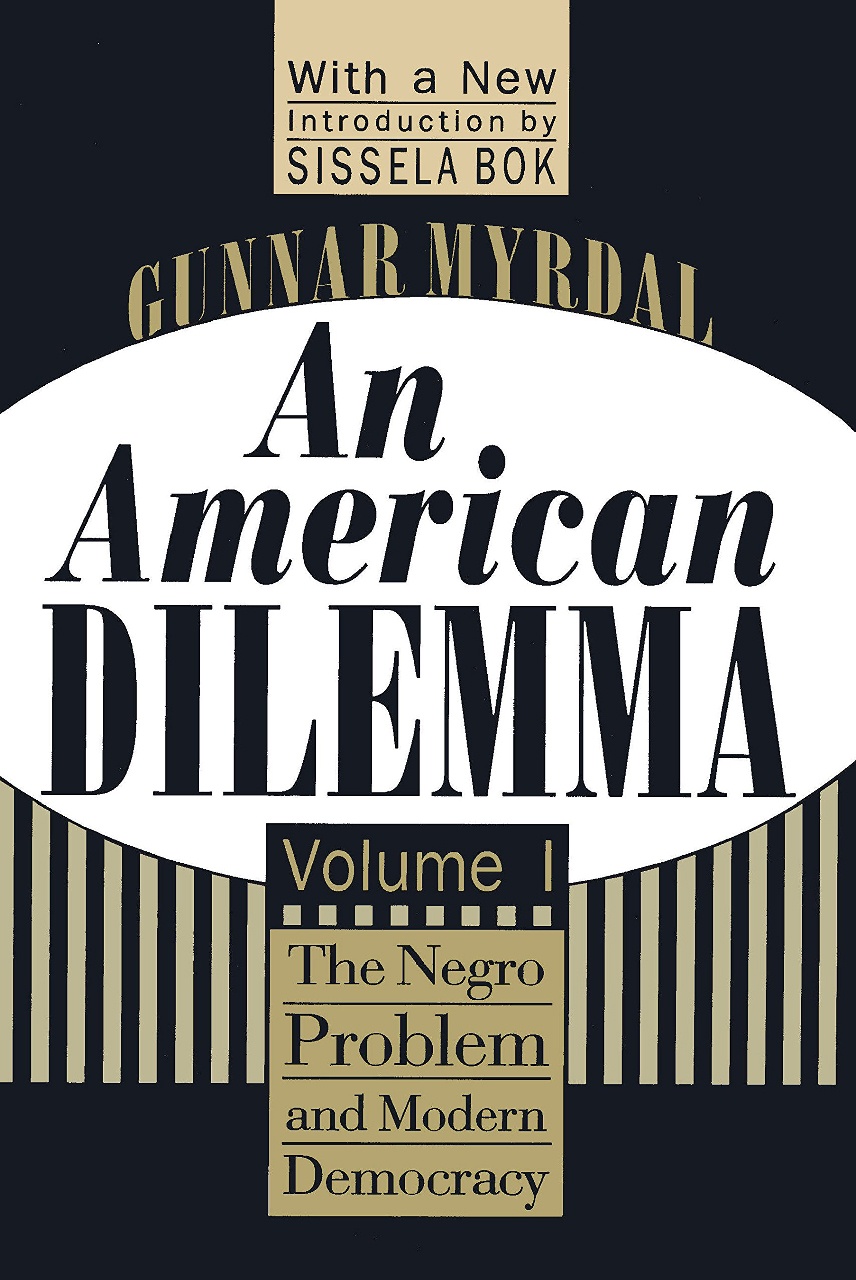 Book
BookAn American Dilemma
In addition to framing and amplifying the debate over America’s racial hypocrisy, Myrdal investigated poverty in Asia, served on an international war crimes tribunal following Vietnam, and along with his wife, Alva, helped shape the modern Swedish state.